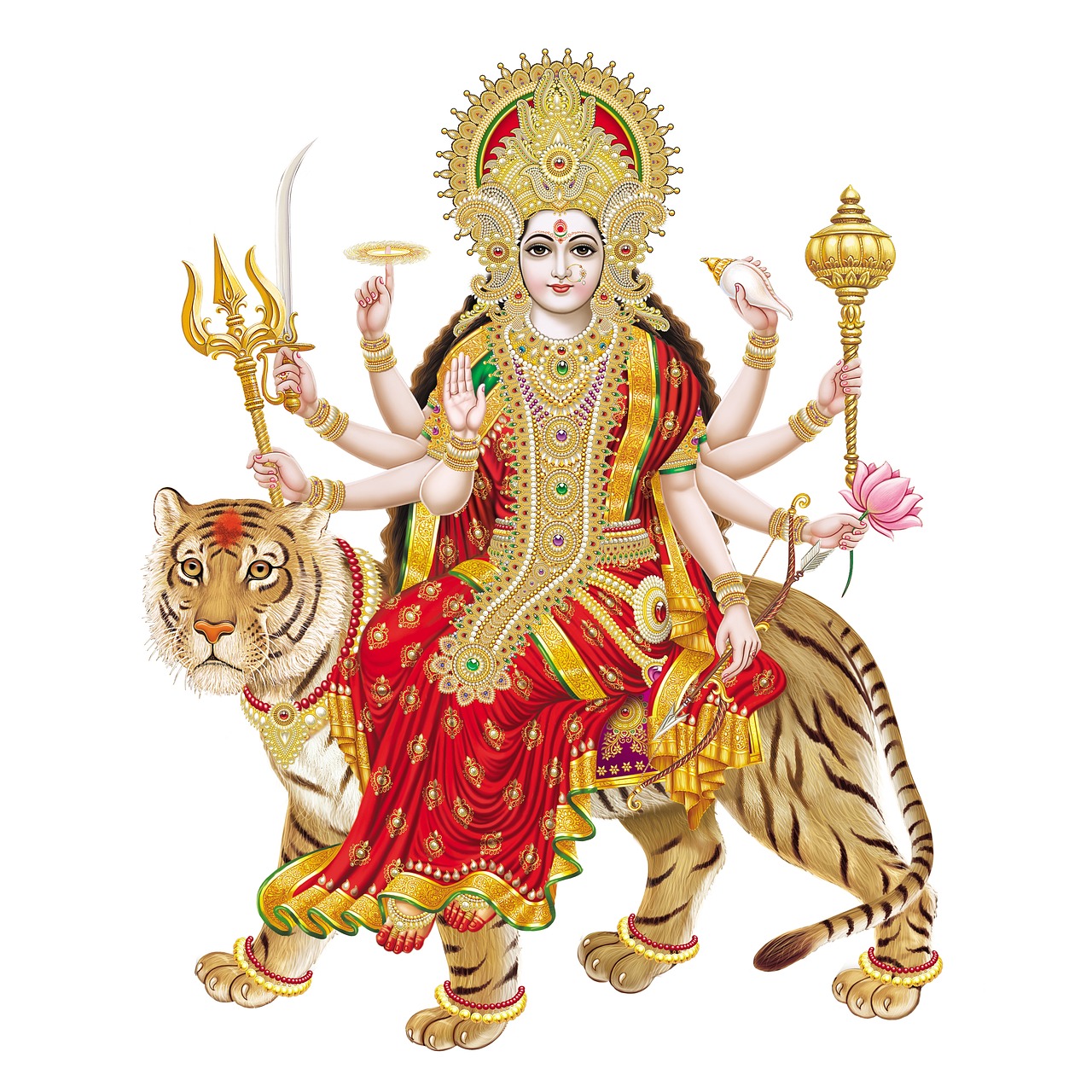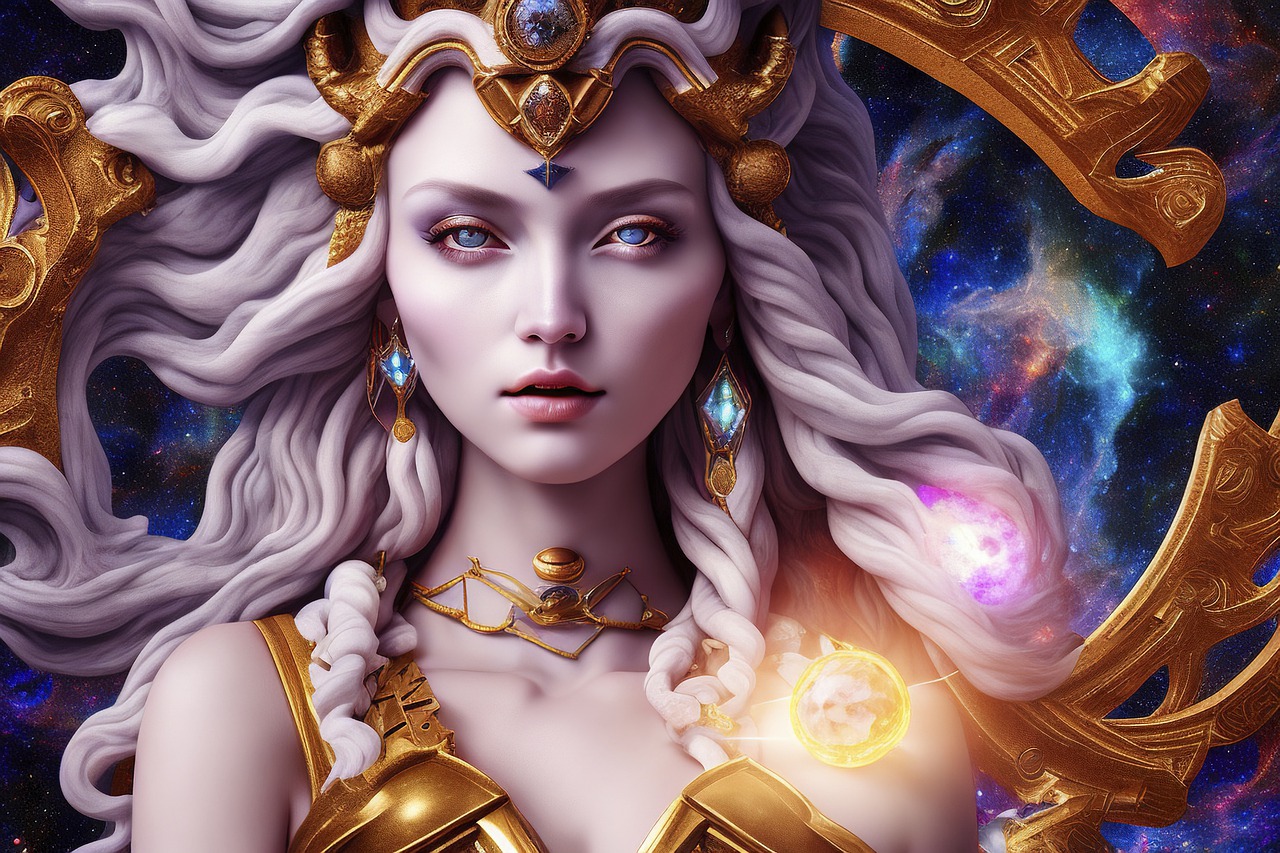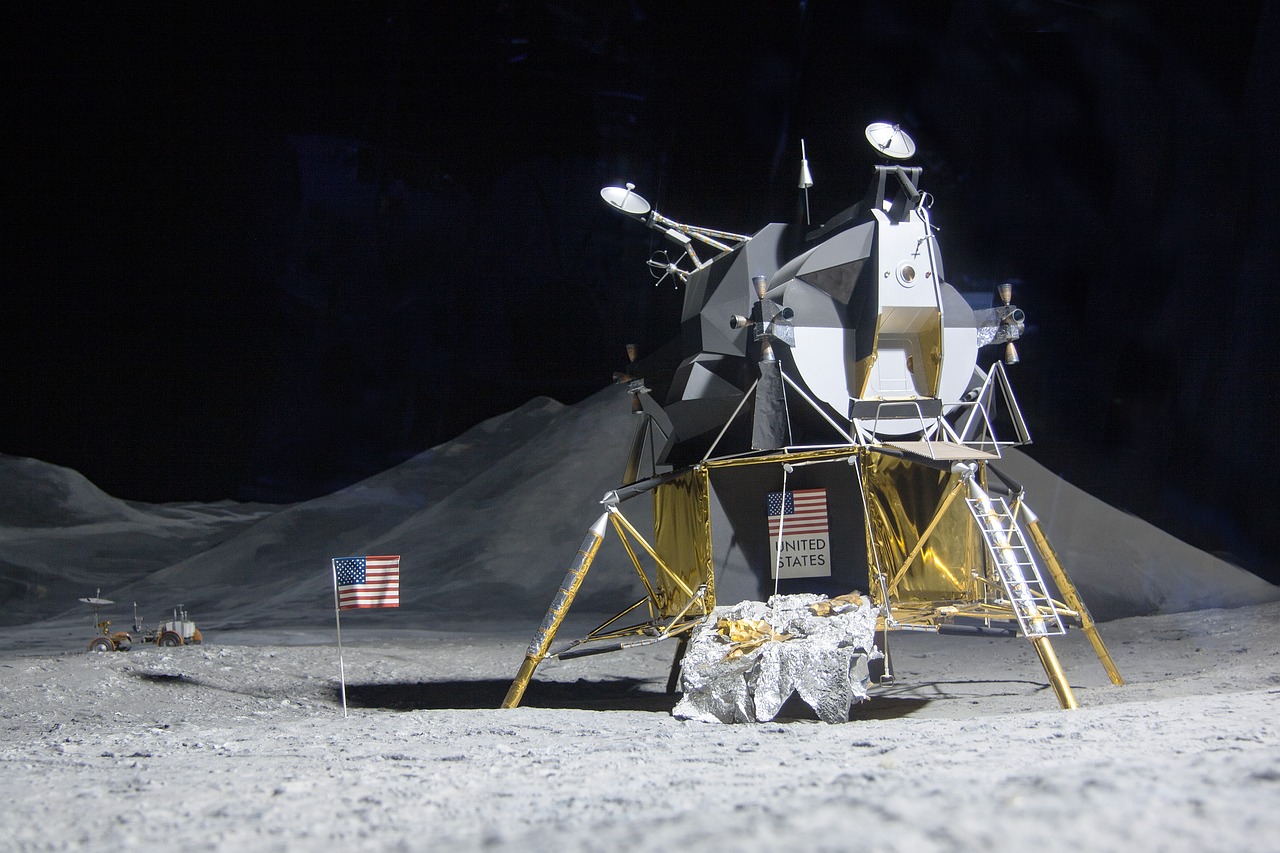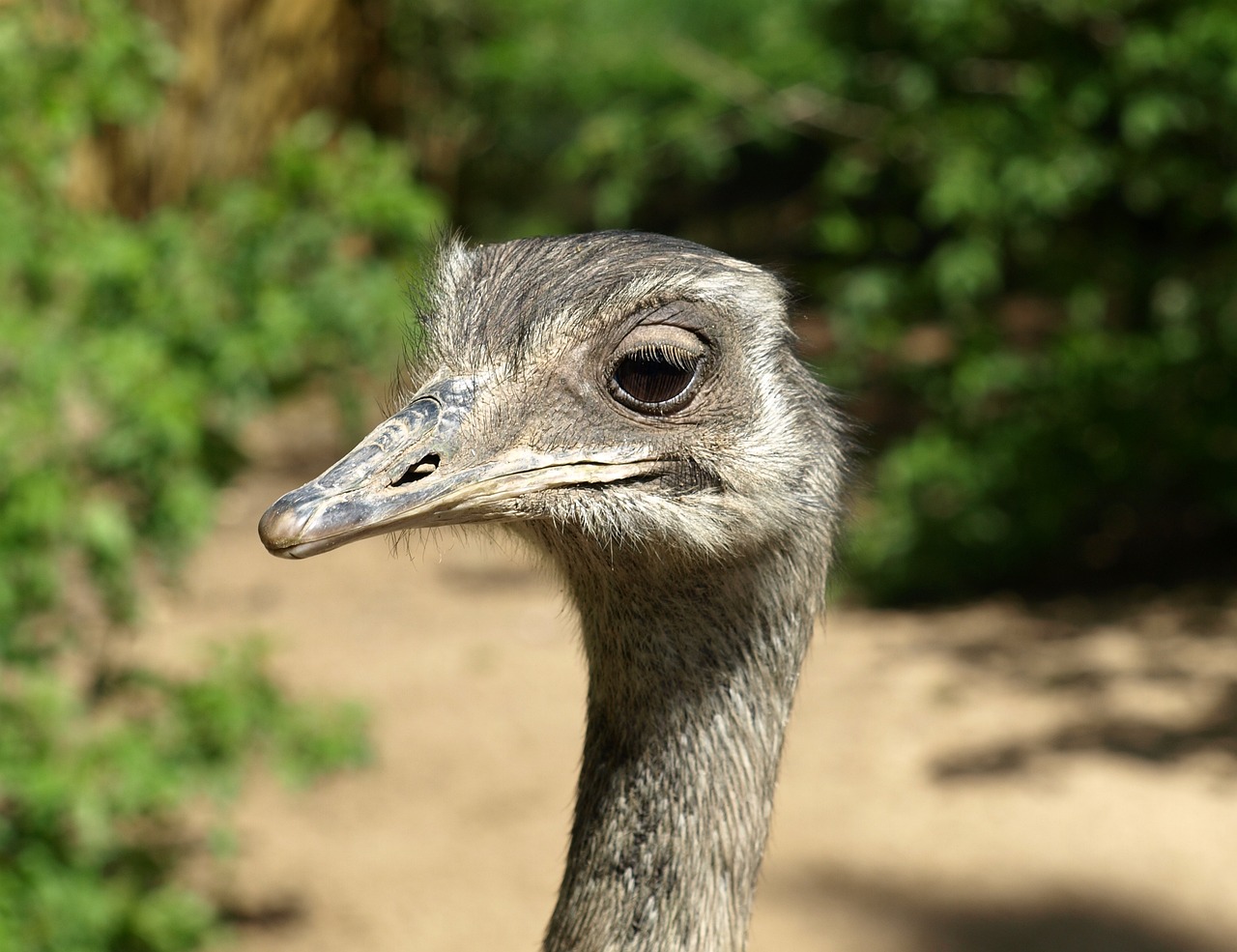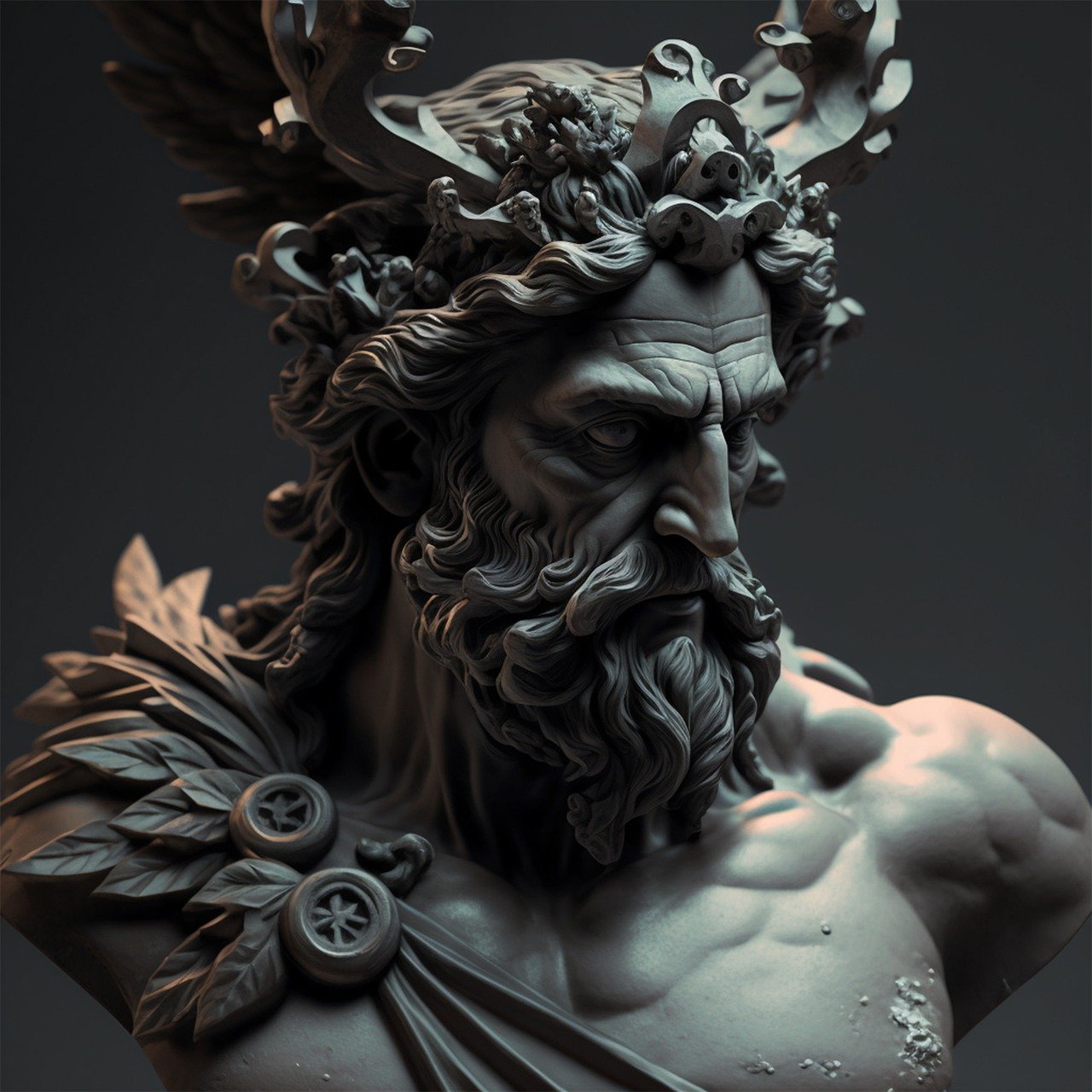Tag: Mythology
-
Taweret, an intriguing deity from ancient Egyptian mythology, features a unique combination of attributes: the body of a hippopotamus, the limbs of a lion, and the head of a crocodile. This unusual physicality gives her a seemingly whimsical appearance, evoking imagery of gods playfully experimenting with forms. However, beneath this jovial exterior lies a powerful…
-
Ancient Egyptian mythology is home to a rich tapestry of intriguing deities, each presenting unique stories, symbols, and powers. One of the most captivating among them is Sekhmet. Delving into the lore surrounding Sekhmet not only enriches one’s understanding of Egyptian beliefs but also offers profound insights into their cultural values. This article will delve…
-
Diana: The Roman Goddess of the Hunt and Nature Overview Diana, revered as the Roman goddess of the hunt, nature’s purity, and the fauna within it, favored solitude over the company of mortals and deities. While she preferred to roam the forests accompanied only by nymphs and woodland creatures, Diana was an unparalleled archer and…
-
Tefnut, also referred to as Tefenet or Tefnet, was a prominent goddess in ancient Egyptian mythology, embodying the duality of moisture and dryness, alongside connections to both the sun and the moon. Revered as one of the “Eyes of Ra,” she symbolized the lunar aspect of moisture and the solar aspect of dryness, mirroring the…
-
Apollo, the illustrious son of Zeus and Leto (Latona), is a highly revered figure in mythology, notable for his dual aspect as both the god of light and a powerful deity associated with various facets of human experience. Acclaimed legends claim that he was born alongside his twin sister Artemis (Diana) on the island of…
-
Rhea: The Mother of the Gods in Greek Mythology Rhea, a prominent figure in Greek mythology, is often recognized as the Titaness responsible for motherhood, female fertility, and generation. Her name translates to “flow” and “ease,” symbolizing the natural cycles of life and nurturing. As the partner of Kronos (Cronus), the embodiment of time, Rhea…
-
Andromeda: The Myth of the Rescued Princess In Greek mythology, Andromeda is portrayed as a princess, the offspring of Cepheus, the ruler of Aethiopia (modern-day Ethiopia), and Cassiopeia, his queen. One of the most enduring tales surrounding Andromeda is her dramatic rescue by the hero Perseus, who saved her from an impending sacrifice to a…
-
In Roman mythology, Saturn is a prominent deity linked to agriculture, wealth, and the concept of time. Often depicted as a venerable man with a long beard, wielding a sickle, Saturn is intricately connected to the ideal of the “Golden Age,” a legendary era characterized by tranquility and abundance. Saturn’s counterpart in Greek mythology is…
-
Demeter: The Goddess of Agriculture and Abundance Overview of Demeter’s Realm Demeter stands as the revered goddess of agriculture, encompassing the growth of grains such as wheat and barley. She serves as the protector of farmers, overseeing the processes of ploughing, sowing, and harvesting. Her presence is synonymous with fertile lands and generous harvests, while…
-
Apollo, the famed son of Zeus and Leto, is a revered figure in mythology, best known for his dual character embodying light and illumination in various forms. His birth is said to have taken place on the island of Delos, alongside his twin sister Artemis (Diana). Initially seen as a god of light, Apollo was…

